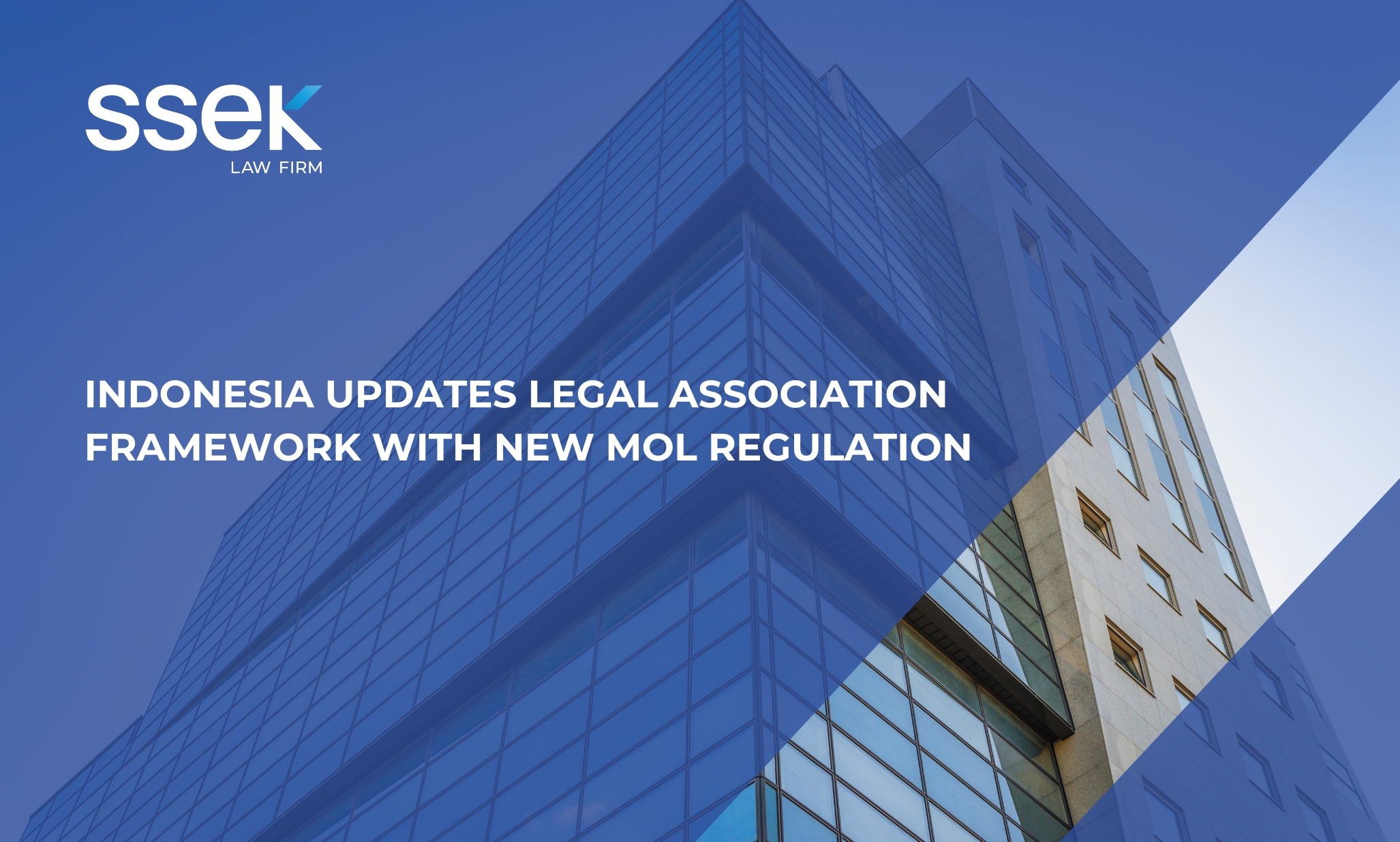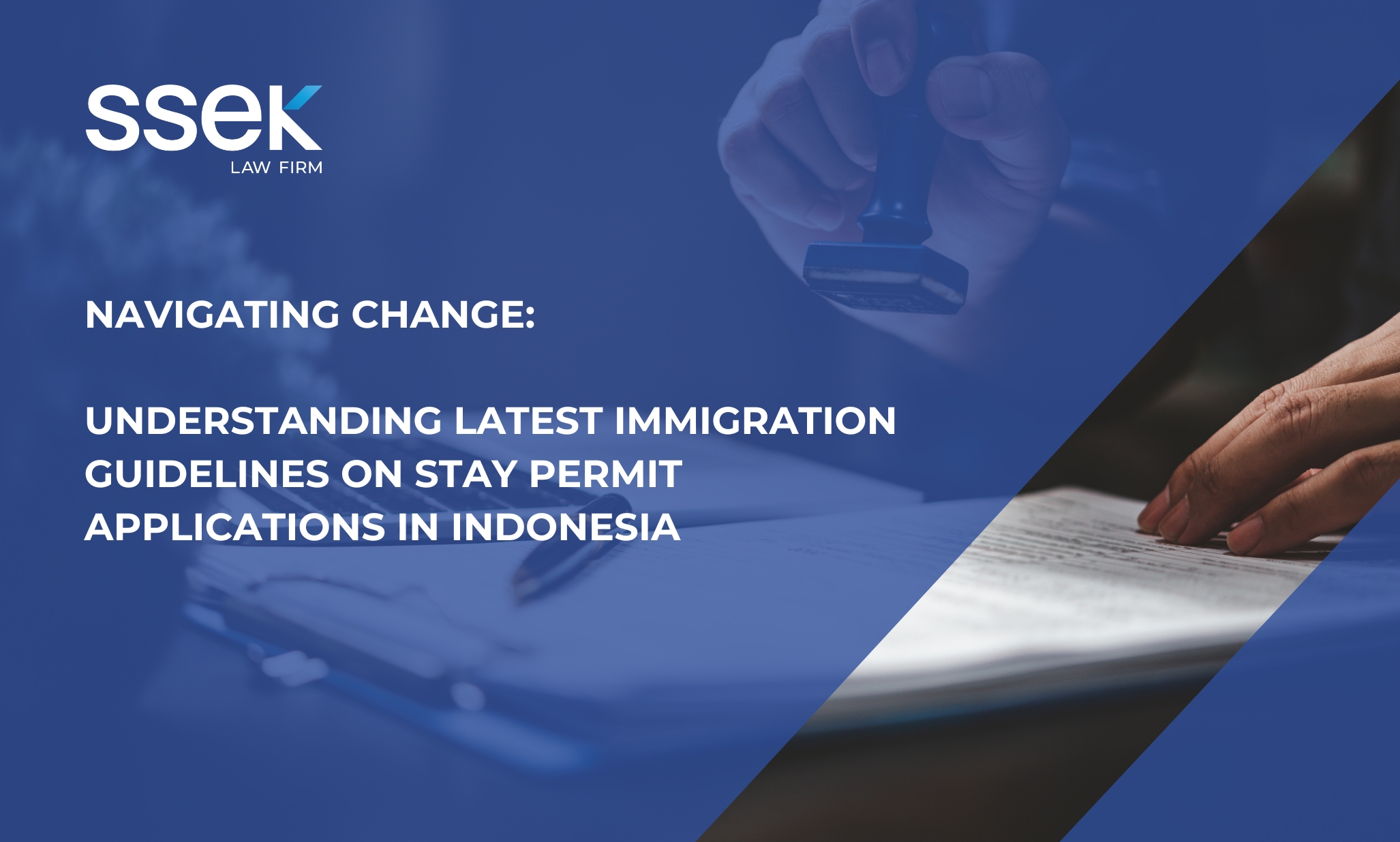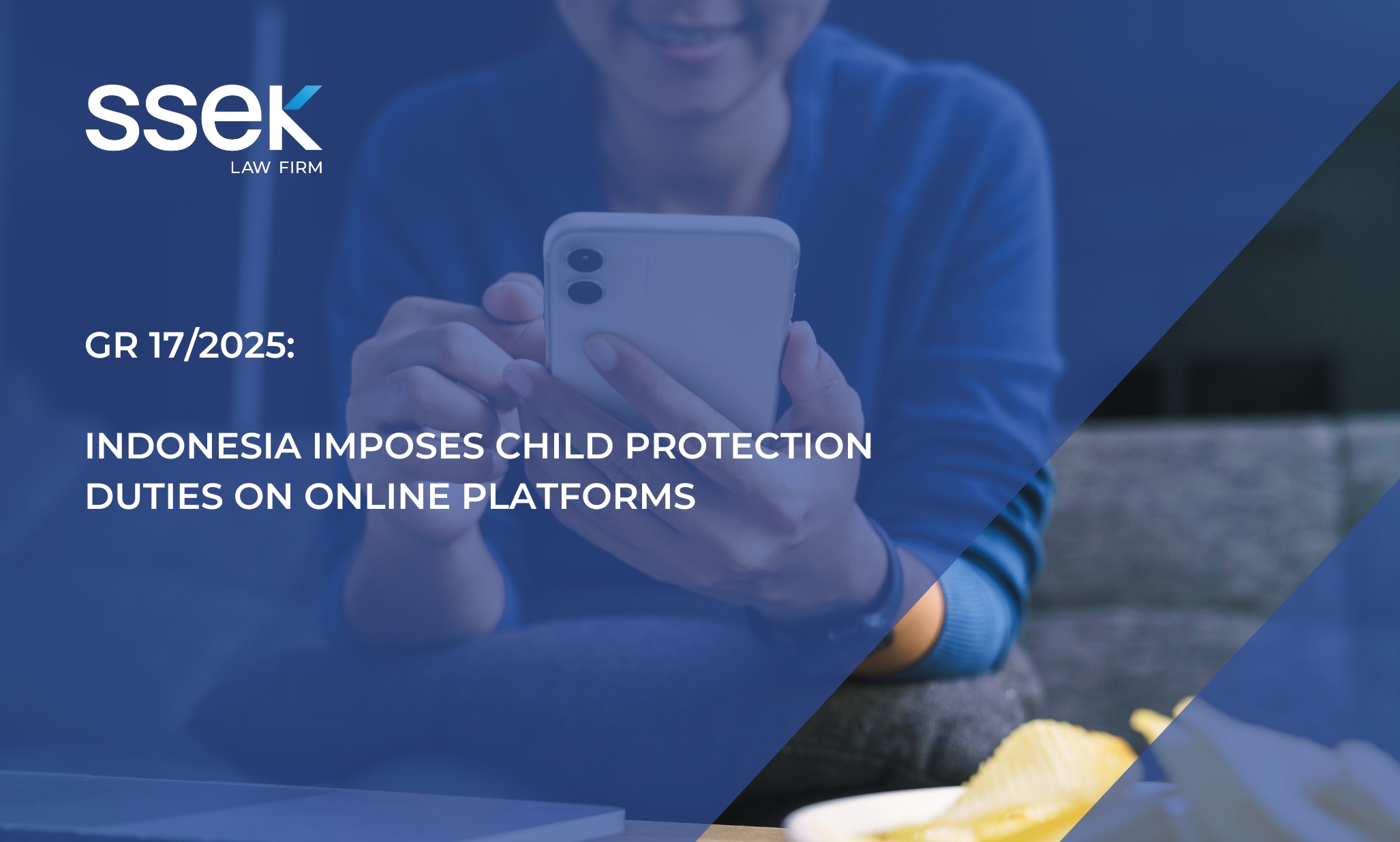


Effective June 2, 2025, Indonesia has overhauled its visa framework through Minister of Immigration and Corrections (“MOIC”) Decree No. M.IP-08.GR.01.01 of 2025 concerning Visa Classification (“New Decree”). This New Decree amends the earlier classification under Minister of Law and Human Rights (“MOLHR”) Regulation No. 22 of 2023 concerning Visas and Stay Permits, as amended by MOLHR Regulation No. 11 of 2024 (“MOLHR Reg. 22/2023”), and MOLHR Decree No. M.HH-02.GR.01.04/2023 concerning Visa Classification (“Previous Decree”), introducing a more streamlined and consolidated visa structure.
The New Decree divides the types of visas into Visit Stay Visas (includes A, B, C, D, and F Visas) and Temporary Stay Visas (E Visas), while merging several sub-categories and clarifying rights for visa holders across sectors.
Key Changes Across Visa Categories
A Visas (Visit Visa Exemption), B Visas (Visa on Arrival for 30 days), and F Visas (Visa on Arrival for 7 days)
- A1, B1, and F1 Visas now include business, meetings, goods procurement, and medical treatment, which was previously provided under different sub-categories. These unified categories now allow site visits to factories, production sites, offices or mines, a right that was not previously allowed.
- Government invitation activities are now explicitly allowed under A4, B4, and F4 Visas.
C Visas (Single-Entry Visit Visa)
- C5A Visa is a new visa for social media content creators, distinct from journalists or filmmakers, who must obtain separate permits.
- C6 Visa consolidates humanitarian and voluntary service into one social activities visa.
- C7C Visa is added under art and culture for those performing or displaying skills.
- C9 Visa (courses and training) removes references to humanitarian aid and refocuses on short courses, as well as adding the short course right, which previously was not included.
- C11A Visa is introduced for exhibitors from calling visa countries, allowing participation in MICE (meetings, incentives, conventions, exhibitions).
- C15 Visa for emergency work now allows holders to receive compensation or wages from Indonesian sources.
D Visas (Multiple-Entry Visit Visas)
- No major changes, but the right to conduct site visits is now clarified for D2 Visa for business, meetings, and goods procurement.
E Visas (Temporary Stay Visas)
Work Visas
- MOIC has consolidated various sector-specific work visas, including management, industry, health, education, and sports, into one category of visa, which is the E23 Visa (general working visa).
- Specific digital sector roles like AI, data science, digital security and software development are now consolidated into the E23Y Visa, which is the general digital-related working visa.
- Holders of working visas can no longer engage in educational activities or foreign investment, unless separately permitted.
Student Visas (E30)
- All education levels (diploma, bachelor, master, and doctoral) are now combined under a single visa category (E30B).
- New E30F Visa is introduced for student exchange programs.
- The prohibition for students to receive compensation, wages, or similar benefits from individuals and corporations in Indonesia is removed.
Family Visas (E31, E32)
- Several new visas introduced, namely:
-
- E31J for unmarried foreigners under 18 years old to join siblings with stay permits;
- E32E & E32F for former Indonesian citizens to reside in Indonesia independently or under government sponsorship; and
- E32G & E32H for descendants of former Indonesian citizens (up to second-degree relatives) to reside and stay in Indonesia.
- The prohibition to receive compensation, wages, or similar benefits is lifted, similar to the change for student visas.
Conclusion
The changes introduced by the New Decree mark a significant shift in immigration policy, merging categories, removing restrictions, and introducing new visa types. Notable changes include simplification in choosing the general working visa, greater inclusivity in family and education-related visas, and the removal of compensation prohibition for certain groups.
Stakeholders, including employers and schools, should update internal policies to reflect these changes and ensure compliance going forward.
This publication is intended for informational purposes only and does not constitute legal advice. Any reliance on the material contained herein is at the user’s own risk. All SSEK publications are copyrighted and may not be reproduced without the express written consent of SSEK.









